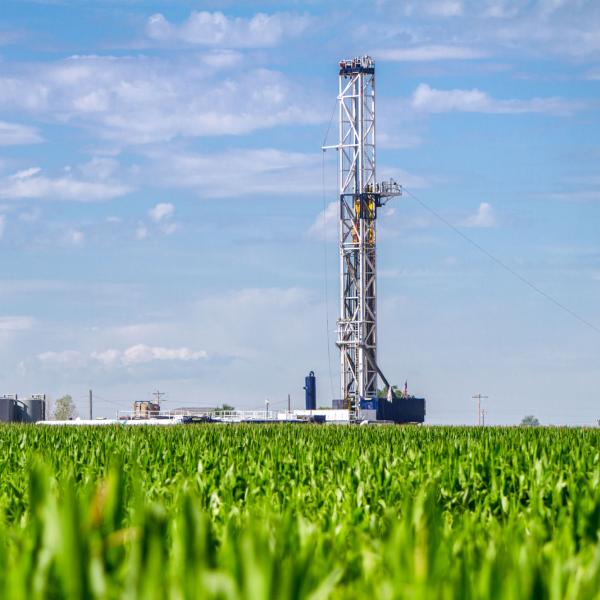Oil, Gas, and Mineral Lease Agreement Basics
Michigan Farm Bureau recommends that farmers and landowners proceed with caution before entering into a contract for oil, gas or mineral rights. The best advice is to consult an attorney before signing any agreement, but to help you through the process, we've compiled some basic pointers to consider.
What is an Oil, Gas or Mineral Lease?
An oil, gas or mineral lease is an important legal document that defines the relationship between the lessor, the landowner (or the owner of the mineral rights), and the lessee, the party interested in producing/extracting the oil, gas or other minerals. This lease is like any other lease except that it contains provisions related to the assignment of rights in the substance of the ground beneath the landowner's property: that is, the oil, gas and minerals.
Many of the provisions may be unfamiliar to the common landowner and are usually note in the landowner's best interest because they may allow a lessee to mine or drill for resources without requiring a fair royalty payment to the landowner. Landowners should seek legal assistance from someone with oil and gas leasing experience prior to signing a lease.
A landowner does not have to sign a lease just because the landowner is approached. Virtually any lease provision offered is negotiable.
Who Owns The Rights to Minerals on My Land?
As the landowner, you own both your land and the minerals beneath your land. Therefore you have the right to negotiate an acceptable lease or to refuse an offer, unless the mineral rights were severed from the surface rights by a previous owner and were never purchased by you.

Issues to Look For in an Oil, Gas or Mineral Lease
Additional Resources
- Download an Oil, Gas and Mineral Rights summary brochure developed by Michigan Farm Bureau and Michigan State University Extension.
- Visit the Oil and Gas Lease Negotiations page for information prepared by the Oil and Gas Committee of the American Agricultural Law Association.
